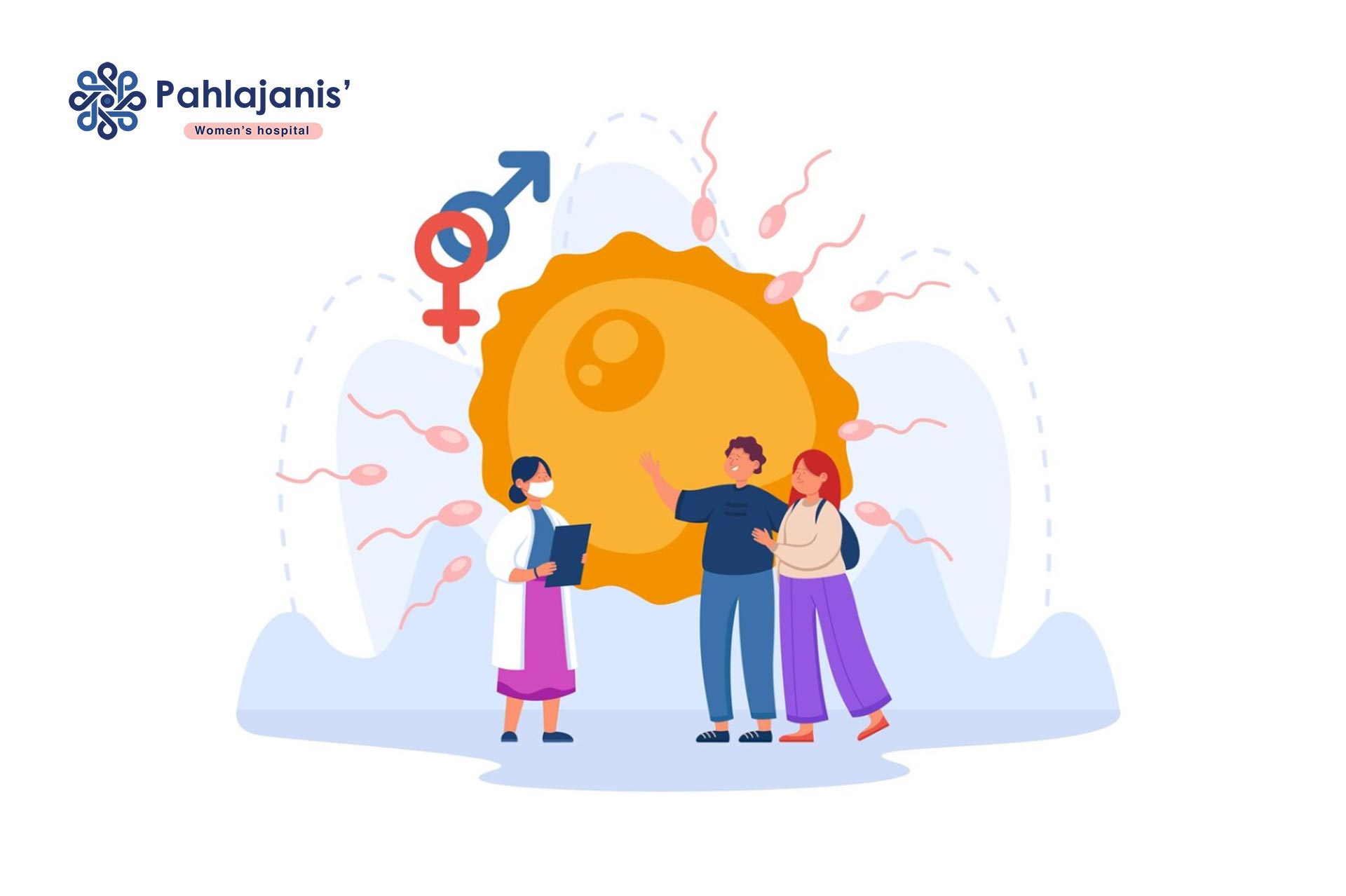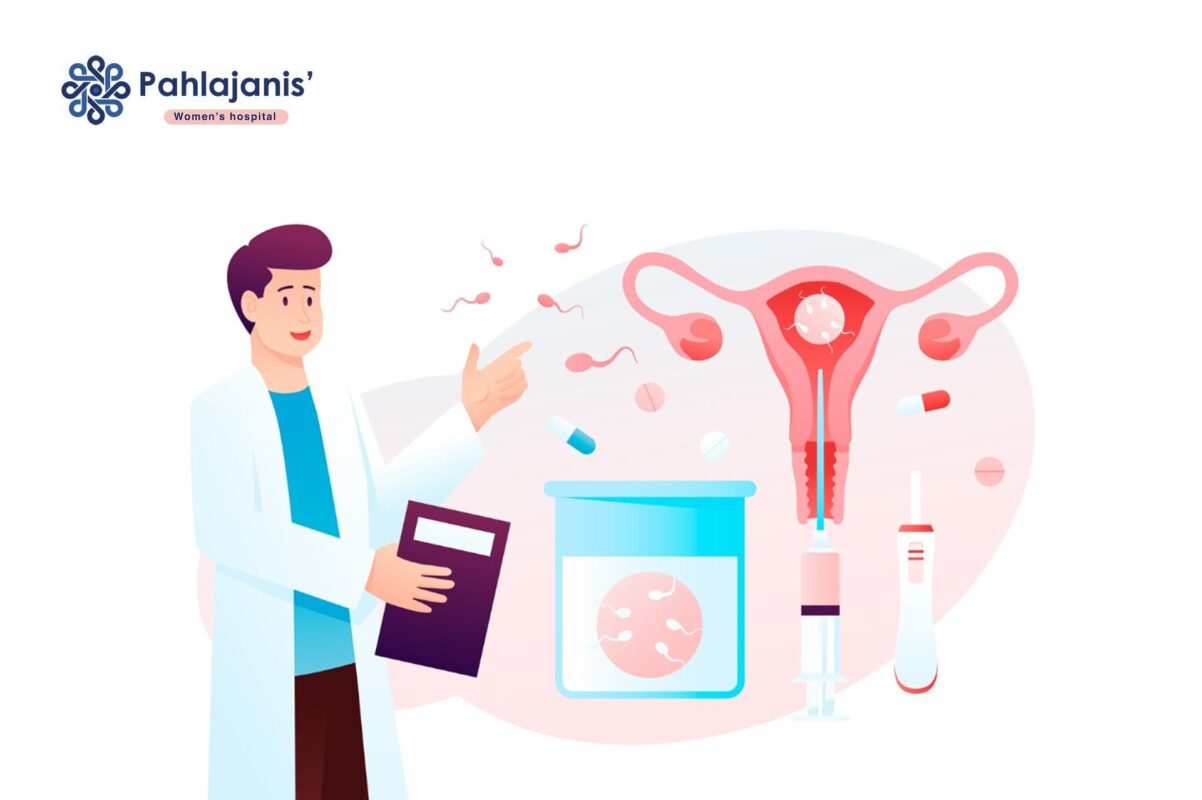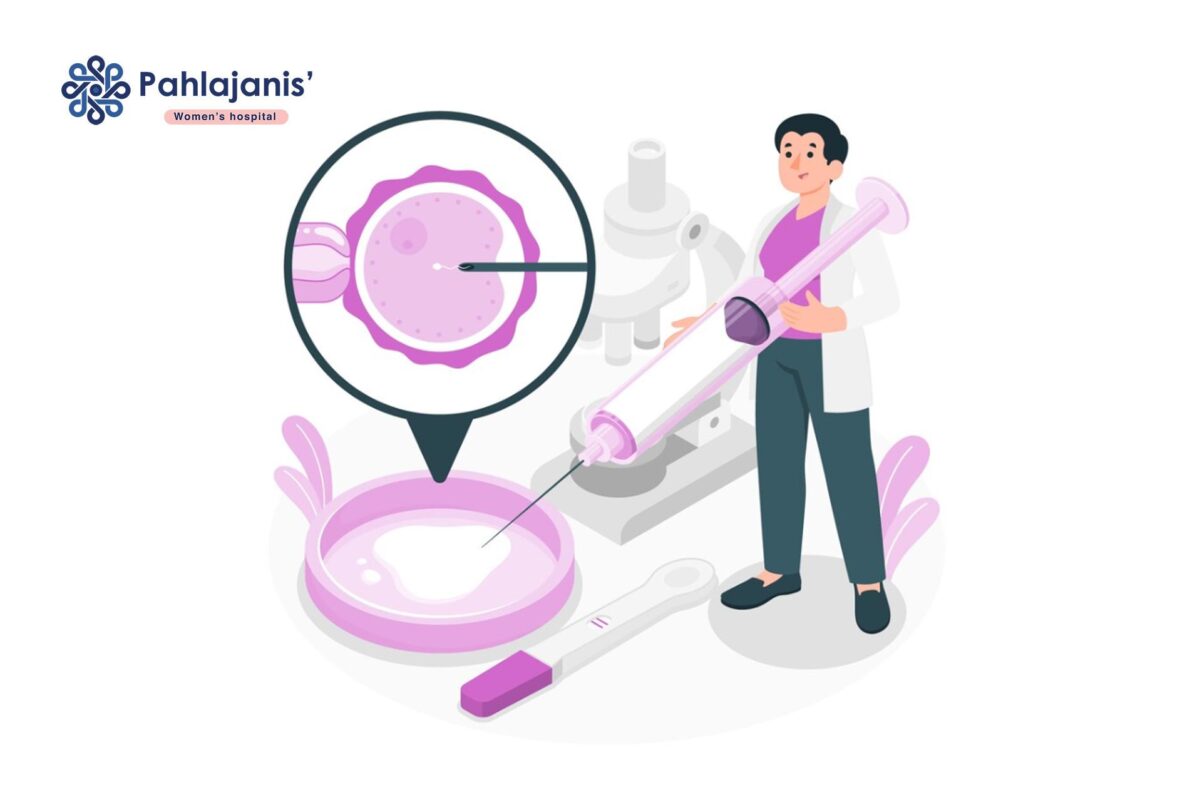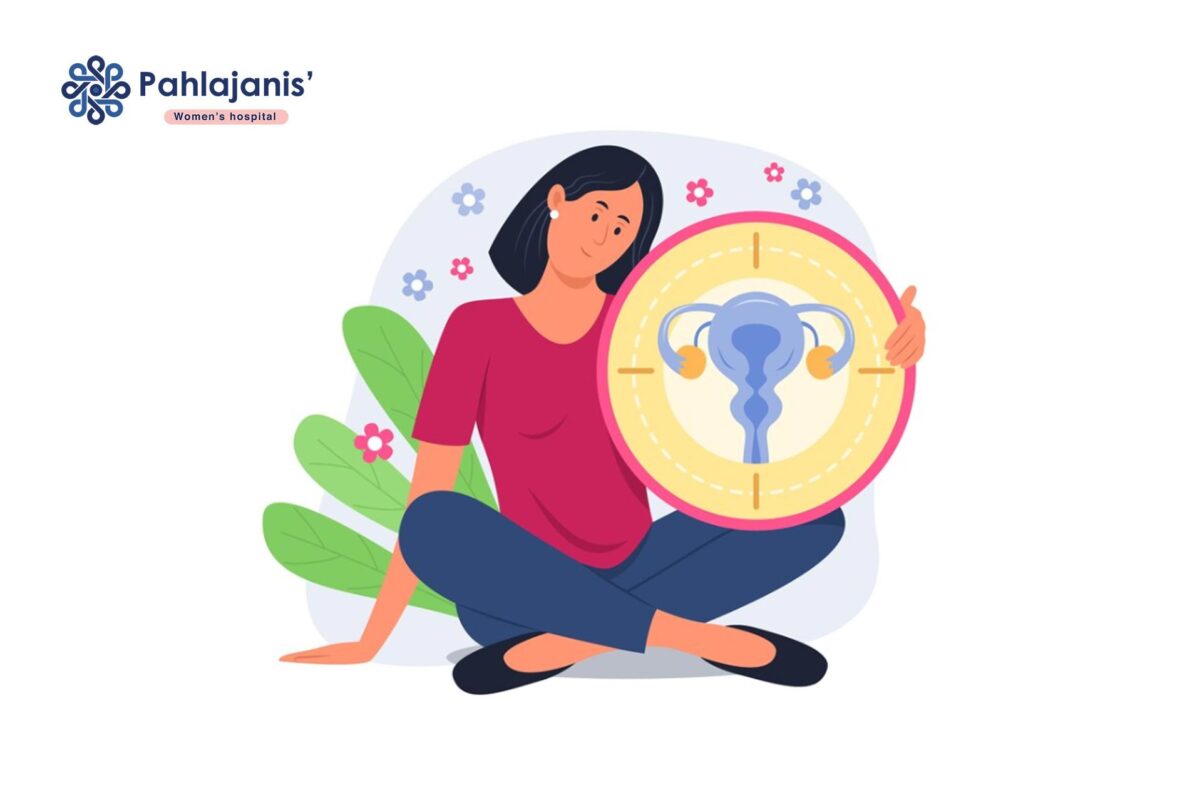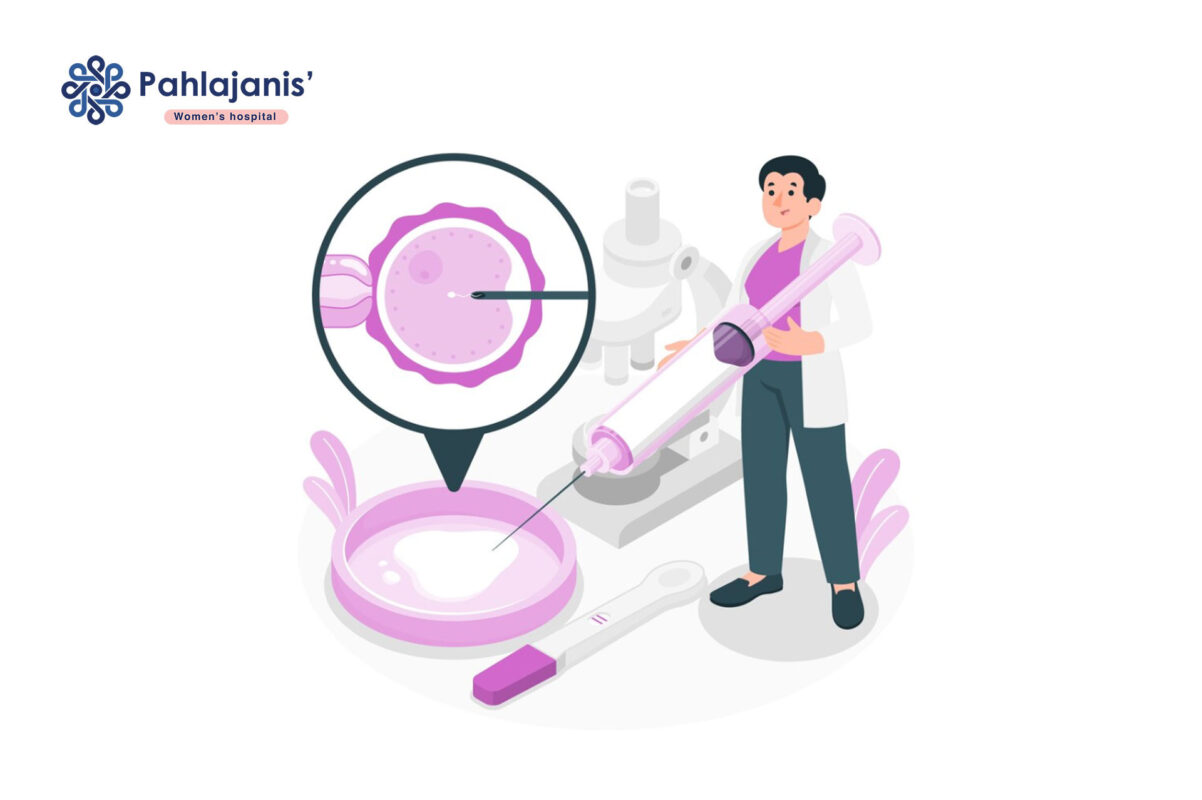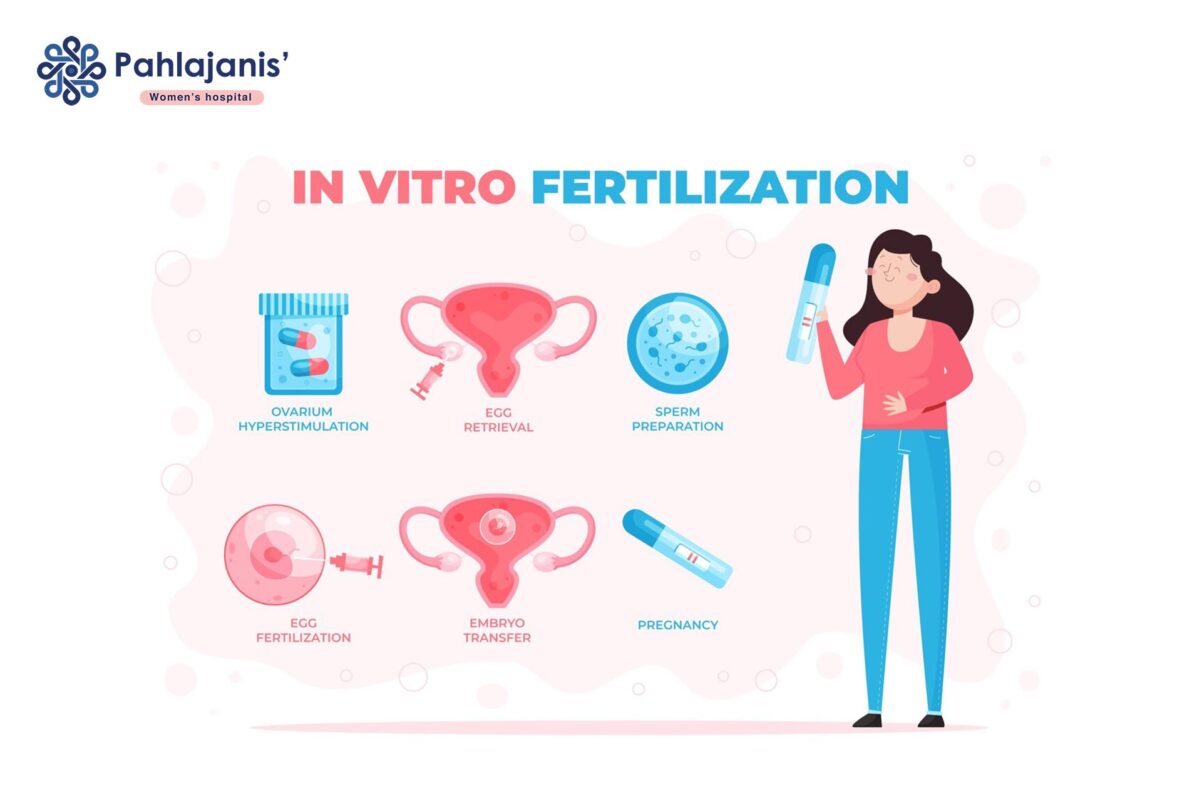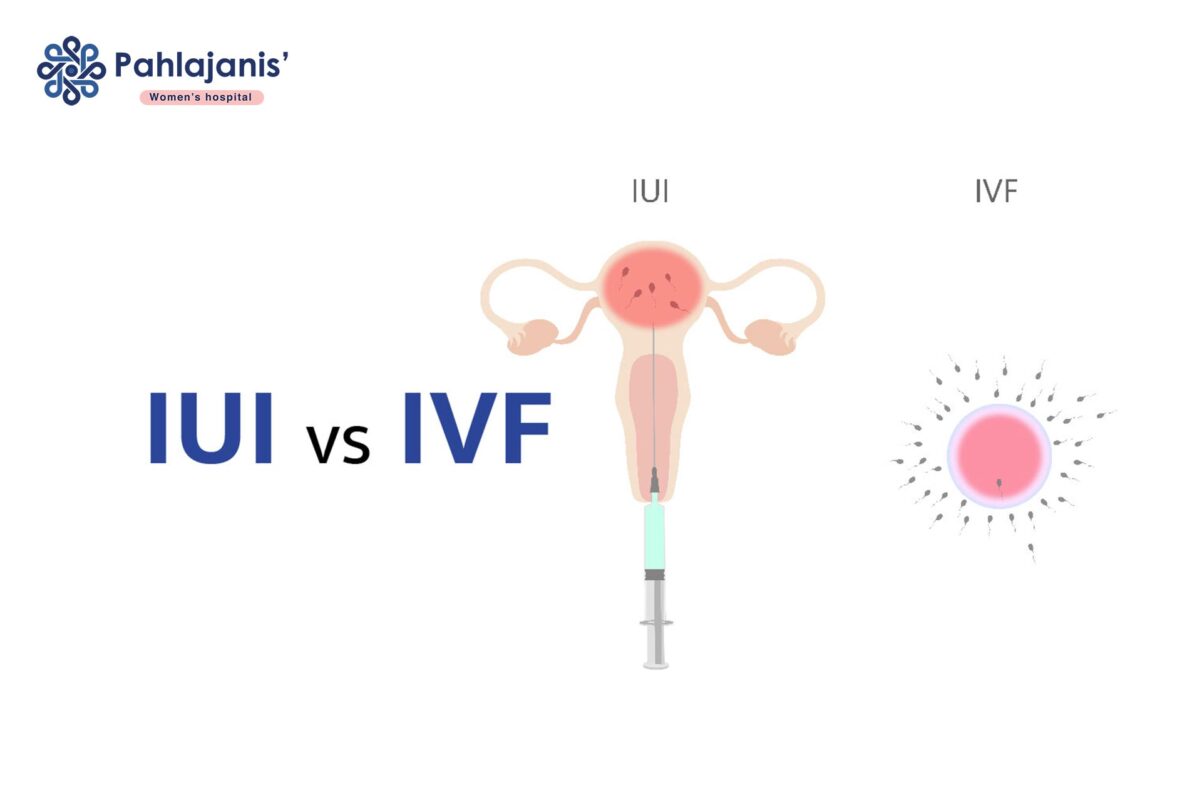In the field of assisted reproductive technologies, In Vitro Fertilization (IVF) is a light of hope for many aspiring parents. However, navigating the world of IVF can be intimidating, with several questions. In this blog, we cover 10 frequently asked IVF Treatment Questions (IVF FAQ), providing insights and expert answers to help individuals and couples navigate their fertility journey.
- What is the success rate of IVF treatment at Pahlajanis’ IVF?
- We are pleased to inform you that Pahlajanis’ IVF has an amazing x% success rate for one-cycle IVF therapy, which reflects our expert team and innovative assisted reproductive methods (ARTs).
- What is IVF?
- In vitro fertilization, or IVF, is an assisted reproductive technology process. Eggs and sperm are fertilized in a laboratory, and the resulting embryo is put in the uterus to begin a pregnancy.
- When IVF is needed?
- One may consider using IVF for a variety of reasons, including having a low sperm count, Polycystic ovarian syndrome, and other diseases that might cause ovulation issues, and issues with the fallopian tubes.
- What are the benefits of IVF?
- You may receive the following benefits from IVF treatment:
- High Success Rate of Pregnancy
- Helps to Overcome Infertility in Both Men and Women
- Cryopreserve embryos for future family planning
- Improves the Chances of Having a Healthy Baby
- How Does the IVF Process Work?
- The IVF process involves several steps, including ovarian stimulation, egg retrieval, fertilization, embryo culture, and embryo transfer. Each step is carefully orchestrated under the guidance of fertility specialists.
- What are the Success Rates of IVF?
- Success rates can vary depending on age, underlying reproductive difficulties, and the clinic’s experience. Younger people tend to have better success rates.
- Are IVF injections painful?
- For most of the patients, IVF is painless. Some people may encounter minor side effects as a result of taking medicine and receiving hormone injections. This may involve cramping and bloating. Anaesthesia is used to execute interventional procedures such as ovum pick up and embryo transfer, which eliminates pain.
- Can IVF be performed multiple times?
- For this, several factors must be considered, including the age of the female partner, current health issues, past IVF cycle outcomes, and even the financial consequences. It is recommended that IVF be performed three to four times, assuming the aforementioned circumstances are met.
- How Many Embryos Should be Transferred?
- The number of embryos transferred is determined by a variety of criteria, including age, embryo quality, and patient preferences. Fertility doctors seek to balance the likelihood of pregnancy with the risk of multiple pregnancies.
- What Happens to Unused Embryos?
- Unused embryos can be cryopreserved (frozen) for later use, donated to other individuals or couples, utilized for research, or discarded in accordance with the patient’s desires and legal requirements.
- Does IVF Guarantee Pregnancy?
- While IVF greatly enhances the likelihood of conception, it does not ensure success. Success rates vary, and several cycles may be required to obtain pregnant.
Conclusion:
IVF is a transformational fertility treatment that has provided joy to countless families around the world. Individuals and couples can feel more confident and clear about their IVF process by addressing frequent questions and concerns. At Pahlajani’s Women’s Hospital and IVF Center, our fertility professionals are committed to offering compassionate treatment and individualized assistance at all times.

